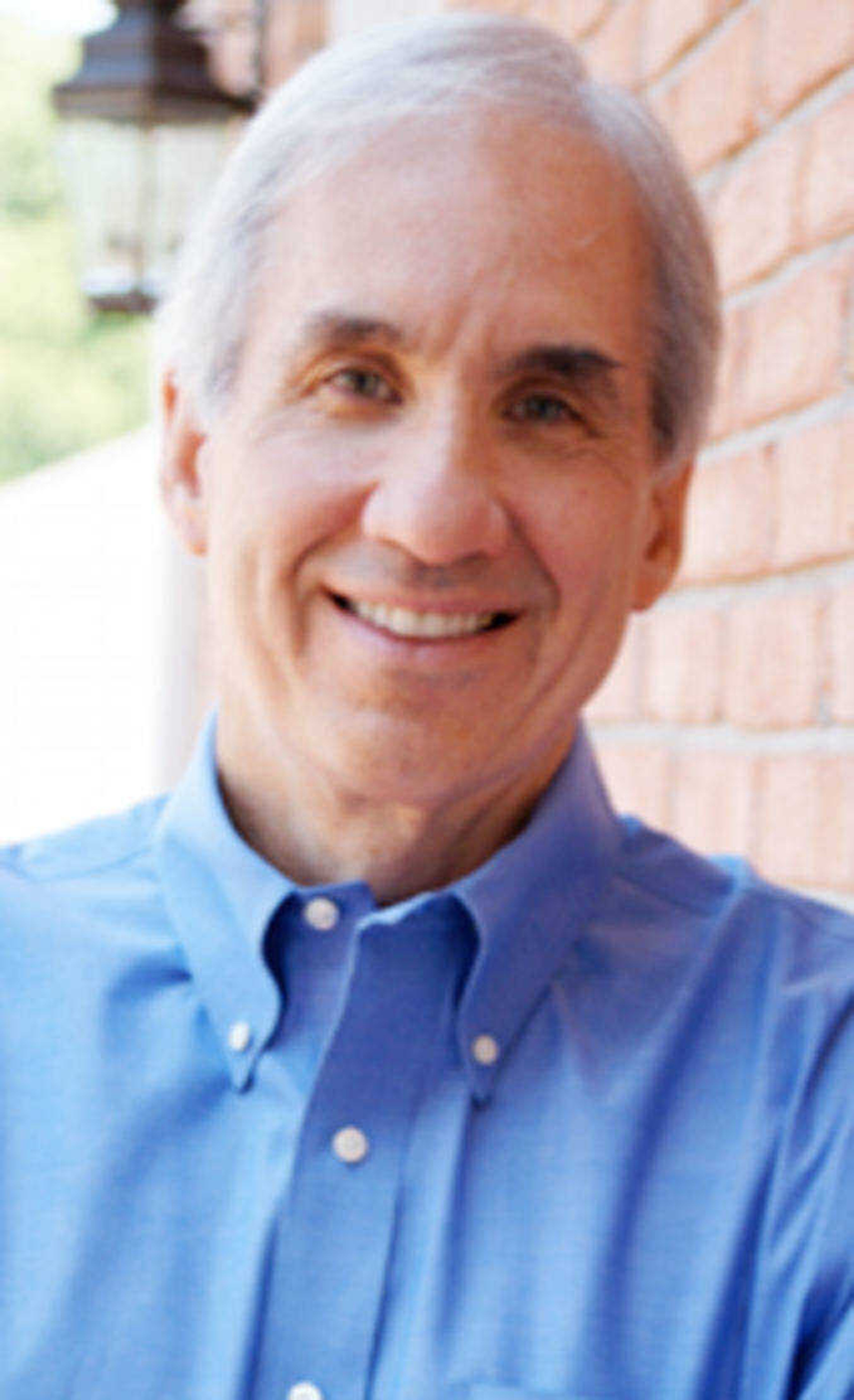WHAT DEMOCRATS WANT IS PATIENTS' BILL OF REGULATIONS
Though conservatives are justified in opposing the Democrats' patients' bill of rights because it is more of a boon to trial lawyers than patients, they may be targeting the wrong demon. The Senate handily passed the McCain-Kennedy bill, and a similar version is pending in the House. ...
Though conservatives are justified in opposing the Democrats' patients' bill of rights because it is more of a boon to trial lawyers than patients, they may be targeting the wrong demon.
The Senate handily passed the McCain-Kennedy bill, and a similar version is pending in the House. It is fine for Republicans there to use whatever ammunition they have to oppose the bill, thereby sparing President Bush the unenviable position of having to decide whether to veto it. But they must also begin to articulate the real problem with the measure.
The main issue is increasing federal control and regulation over the private health-care system.
Do we really want the federal government dictating the definition of "medical necessity," as the Democratic bill contemplates? Do we really want new rules governing plan offerings, utilization review, internal and external appeals, grievance processes, formularies for prescription drugs, participation of plan enrollees in clinical trials, patient information and how plans deal with doctors (including incentive compensation)?
These things are all included in the House version of the bill, according to Washington health-care lawyer John S. Hoff in a Heritage Foundation article. The bill, says Hoff, would even establish federal rules on fee-for-service plans that may prevent them from operating.
Putting aside the obvious constitutional objections to such an unwarranted federal encroachment into our private lives, let's look at the inevitable endgame. The worst problems with the health-care industry today are caused by the incremental removal of market forces from the equation. As health insurance has increasingly been provided through employers, individuals' choices have decreased along with their incentives to reduce their medical costs.
When the main problem with the system is the elimination of competition, does it make sense to attempt to remedy the situation with further restrictions on the market? Federal regulations beget further federal regulations. The so-called patients' bill of rights will be just another step in the gradual march toward socialized health care.
The California energy problem is most analogous.
Gray Davis adopts a plan to partially deregulate California energy and the energy problem turns into a crisis. Democrats, instead of blaming the remaining regulations themselves and a moratorium on energy production, astoundingly blame deregulation and some fictitious oil conspiracy for the shortages. Magically, through the wave of their propaganda wand, they convert the regulatory demon into a panacea and call for yet further regulation, in the form of price caps.
Similarly, Ted Kennedy and his statist comrades have shamelessly denied that the erosion of market forces has denigrated private health care in this country. They simply call for more regulations. And when this bill further crimps the industry, the socialists will be clamoring for full-blown nationalization of the health-care infrastructure.
Once again the enemies of freedom will eliminate our rights in the name of expanding them.
The long-term solution for our health-care problems has to be rooted in free enterprise. Decreasing federal control and increasing competition will expand patient choices and improve the quality and affordability of health care. Medical savings accounts and other measures designed to shift health care control away from the government and employers and toward individuals are the most rational solutions.
If Republicans spend all their time railing against the trees (the trial lawyers), they may miss their opportunity to warn the public about the impending forest (socialized medicine).
~David Limbaugh of Cape Girardeau is a lawyer, author and syndicated columnist.
Connect with the Southeast Missourian Newsroom:
For corrections to this story or other insights for the editor, click here. To submit a letter to the editor, click here. To learn about the Southeast Missourian’s AI Policy, click here.










